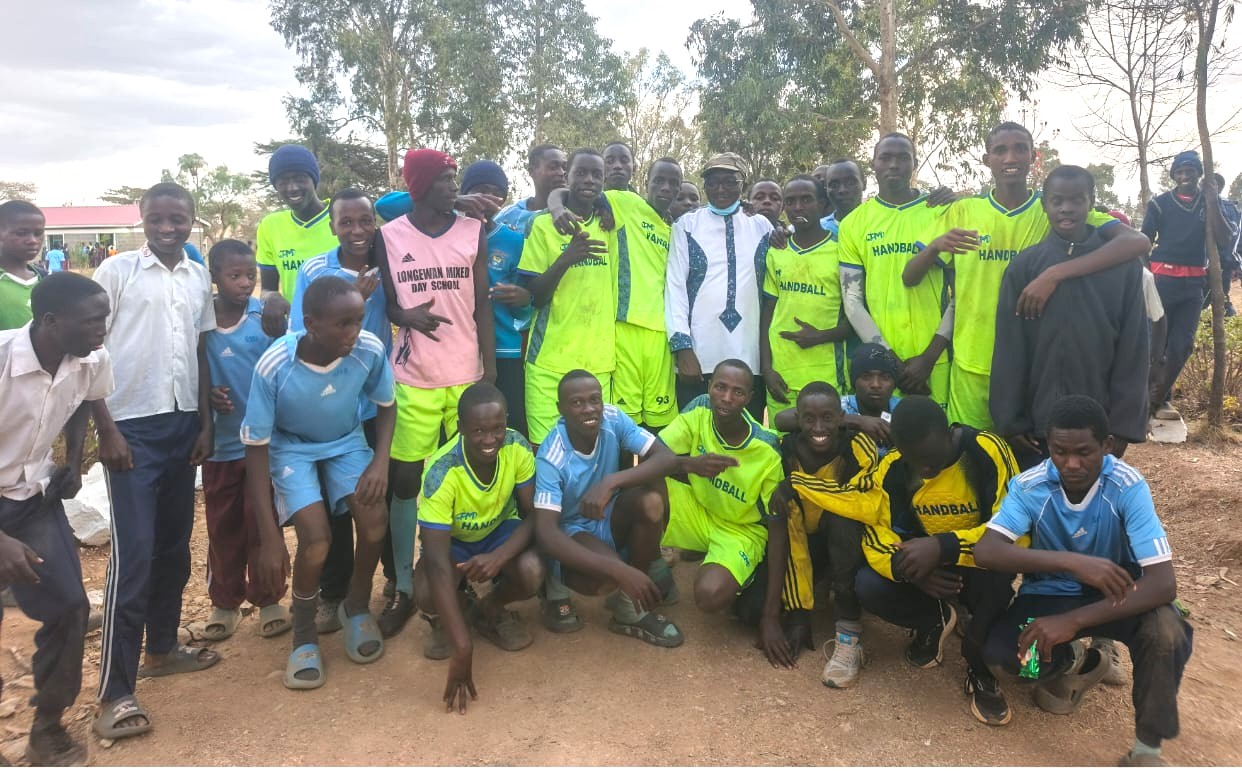Dear Administrators, the mark of true leadership in education lies not only in managing schools effectively but in shaping the culture within them. At the heart of this culture is how you, as administrators, view the very people who walk beside you each day—the teachers, support staff, and every individual entrusted with the noble responsibility of nurturing learners. If you see them only as employees of the Teachers Service Commission, you reduce their role to a job description. But when you see them as partners, you elevate their contribution to a mission. It is in this elevation that real transformation begins.
Partnership is not a symbolic gesture; it is the foundation of a thriving institution. In a school where administrators embrace staff as partners, collaboration flourishes. Every voice matters, and decisions are not dictated but discussed. Teachers feel safe to share their struggles and ideas, knowing they will be heard with respect. Support staff members, often overlooked, are reminded that they, too, hold a vital part in shaping the environment in which learning takes place. Together, this sense of inclusion creates a living community where challenges are shouldered collectively and victories are celebrated as a team.
When staff members are treated as partners, morale and motivation rise to new heights. A teacher who feels appreciated does not just deliver lessons; they inspire. They go beyond the syllabus, instilling values and igniting curiosity in their learners. A laboratory technician who feels valued will go the extra mile to ensure that experiments run smoothly and safely, knowing their effort contributes directly to the learners’ success. Even the cleaner or the security guard, when respected as part of the school family, performs their role with pride, creating an environment of dignity and care. Respect breeds motivation, and motivation breeds excellence.
Partnership also opens the door to shared responsibility. Leadership, after all, is not about carrying every burden alone but about distributing ownership across the team. When teachers are involved in decision-making, they do not resist change—they drive it. They see reforms not as commands handed down from above, but as initiatives born of collective vision. This shared ownership fosters innovation, creativity, and problem-solving. It is in such spaces that groundbreaking teaching methods emerge, extracurricular programs flourish, and learners are inspired to think beyond boundaries.
And let us not forget the learners themselves—the ultimate reason for our calling. They are the silent witnesses of how adults relate to one another. When they see administrators and staff working hand in hand, modelling unity and cooperation, they internalise these values. They learn that respect is not demanded but earned, that teamwork is stronger than competition, and that true success is built when everyone plays their part. In this way, your leadership as administrators extends far beyond school walls; it shapes the very character of future citizens.
Real-life lessons remind us of this truth. In Kenya, schools that have risen to national recognition have done so not simply because of good infrastructure, but because of strong partnerships between administrators and staff. At St. Anthony’s Boys High School in Kitale, for instance, administrators have worked closely with teachers, coaches, and support staff to build a culture where everyone feels responsible for excellence. The results are clear—the school consistently excels in academics, music, and football, becoming a national symbol of teamwork.
Similarly, in West Pokot, Keringet School once set a county record in academic performance when administrators collaborated with teachers to fully support vulnerable learners through bursary programs. Many of those learners went on to become professionals, including teachers, nurses, accountants, and lawyers. This success was not born from policy documents alone; it was achieved because administrators chose partnership, ensuring teachers and staff were part of the mission to identify and nurture potential.
Beyond Kenya, Africa offers further examples. In Rwanda, the government has built a strong teacher collaboration program where school leaders are trained to treat teachers as co-creators of education reforms. Instead of issuing directives, administrators facilitate dialogue, empowering teachers to take ownership of curriculum delivery. This spirit of partnership is one reason Rwanda has seen steady improvements in literacy and student retention over the past decade.
Globally, Finland remains a model of what happens when teachers are treated as partners. There, school administrators and teachers co-design learning approaches, with teachers trusted to adapt the curriculum to suit their students. This partnership has created one of the most respected education systems in the world, where teacher satisfaction is high and student outcomes are consistently excellent.
Singapore provides yet another example. Its school leadership model is built on the idea of “shared responsibility.” Administrators are trained not just to lead but to mentor, ensuring teachers are supported to grow into leaders themselves. By fostering a culture of mutual respect and professional development, Singapore has managed to transform its schools into innovation hubs where staff and administrators work as equals in pursuit of excellence.
Even during the COVID-19 pandemic, this principle was tested globally. Schools that quickly adapted to online learning were not those where administrators imposed rigid directives, but those where leaders worked hand in hand with teachers and staff. By allowing teachers to experiment with digital platforms, listening to their feedback, and supporting support staff in reaching learners, such schools continued to thrive despite the disruption. Where administrators ignored partnership, many institutions faltered.
READ ASO:
St Paul’s University launches new scholarship to support theology students
Dear administrators, leadership is not about standing above others; it is about walking alongside them. It is not about control but about trust. True leaders recognize that their greatest strength lies not in authority but in the collective wisdom, energy, and passion of their team. By seeing your staff as partners, you do not diminish your role—you strengthen it. You shift from being a manager of people to being a builder of communities and a custodian of vision.
So I urge you: look around your schools with fresh eyes. See in your teachers more than employees—see leaders in their own right, ready to shape the minds of tomorrow. See in your support staff not just task-doers but pillars that uphold the very fabric of learning. Engage them, listen to them, respect them, and walk with them as partners. In doing so, you will not only lead schools—you will inspire movements, transform lives, and leave behind legacies of excellence that will echo for generations.
For in the end, education is not sustained by policies or paychecks, but by people united in purpose. And when administrators choose partnership over authority, they unlock the greatest strength a school can ever possess: the collective heart and hands of a team that believes in the same dream.
A school does not rise on the shoulders of one leader, but on the joined hands of many. When you see your staff as partners, you do not just lead—you build legacies.
By Hillary Muhalya
You can also follow our social media pages on Twitter: Education News KE and Facebook: Education News Newspaper for timely updates.
>>> Click here to stay up-to-date with trending regional stories
>>> Click here to read more informed opinions on the country’s education landscape






